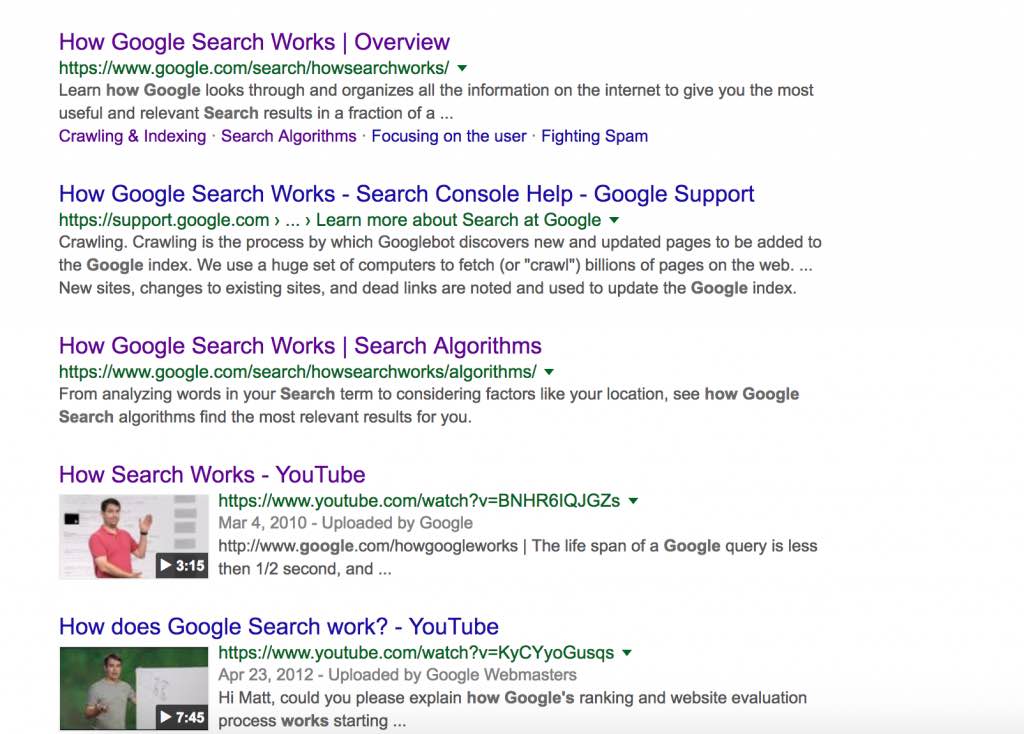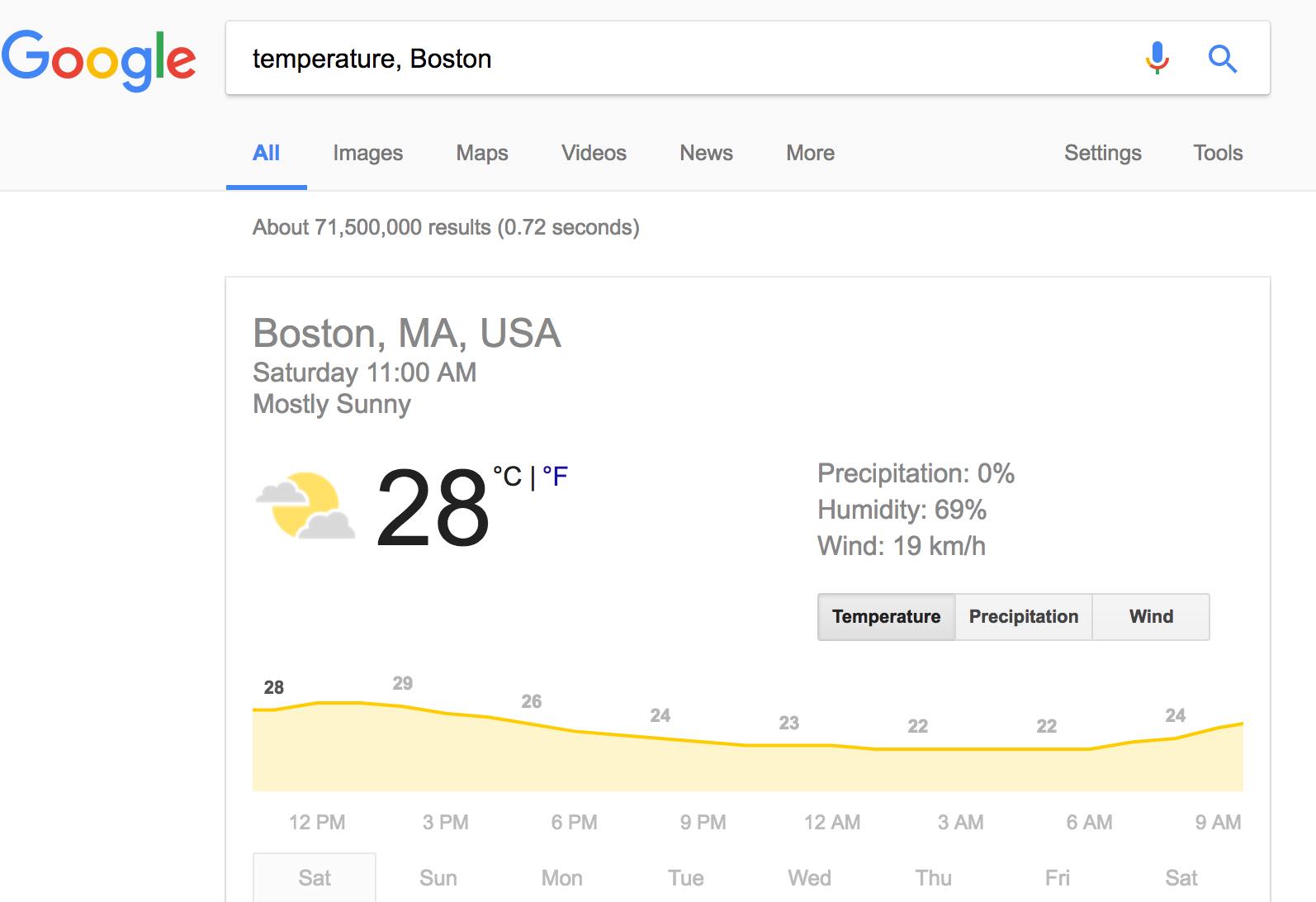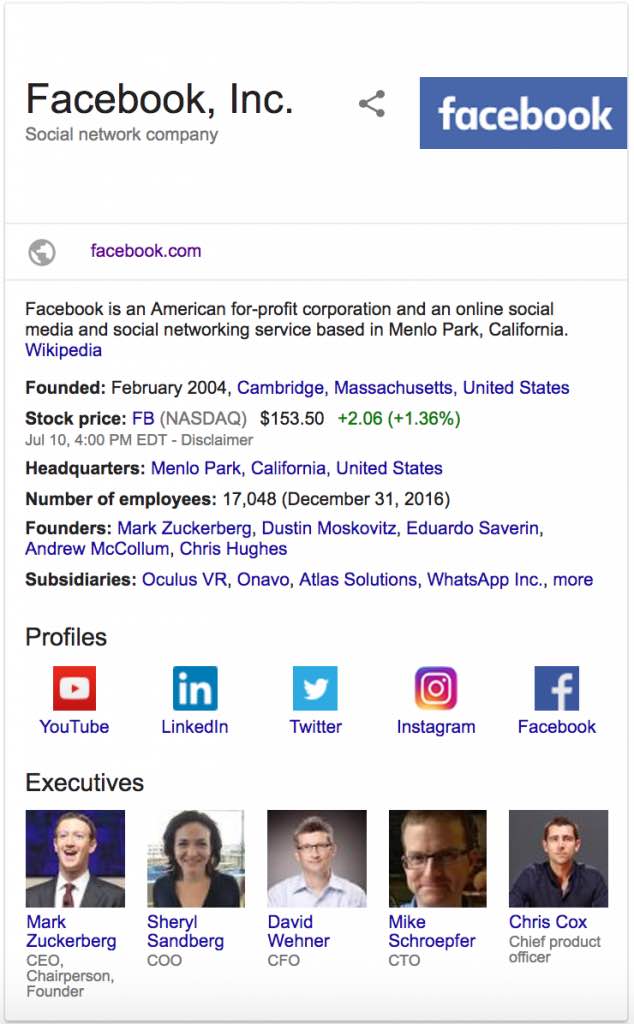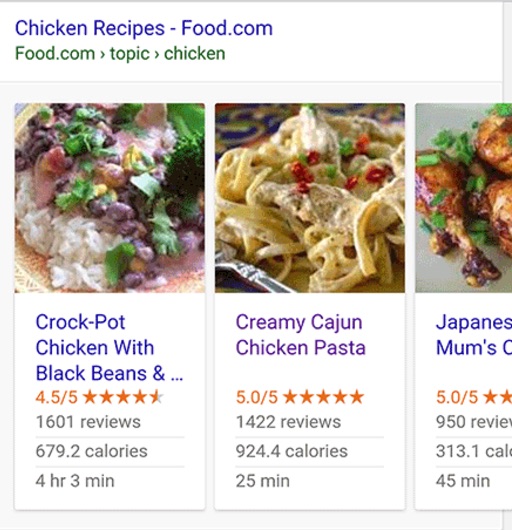Once you made your site, what are the next steps? How Google search works? What do you want to achieve with your site? We guess you want your potential visitors to find it on google search results.
What do you think about when you type something in Google search? Are you are searching sites all around the internet? Right? Well, that’s wrong!
You are searching only pages indexed by Google in his databases. You are not searching the internet, and if Google does not index your site, there is no way to get it in search results. To achieve your goal, you have to understand how Google search works.
Google search basics
It’s not realistic to expect visitors from google search results if you don’t understand how Google crawls pages on the internet, and on which factors Google decides whether to show your site in results or not.
Like all search engines, Google is a powerful tool. It uses a unique algorithm to get results for your search term. General facts about his algorithm are public, but specifics are a company secret. It should stay secret if we don’t want to let everyone abuse the system and fake search results.
How search works
Let’s start from the beginning. First, open the browser, then open google.com, and what now? You want to search the term ‘how google search works’

Below your search term, you can see the number of pages that Google found relevant to your search term. Amazingly, that it takes 0.96 seconds to find them all. For a typical query, there are millions of web pages with potentially relevant information. How does Google figure out what to show as a result?
Web crawlers are finding information about sites
The web is like an ever-growing library with billions of books without a central filing system.
Web crawlers (spiders) are helping Google to discover and index so many publicly available sites on the internet. They are small automated programs that travel from one site to another through links on the site and index all of them for Google.
What separates Google from others is how it ranks search results. Google uses a trademarked algorithm called PageRank; every site indexed by Google has a relevancy score which Google uses to decide what to show you in search results.
The crawling process
The crawling process begins with a list of web addresses from past processes and sitemaps provided by the website owner. When a crawler visits the site, he uses links from that site to discover other pages. The focus of those crawlers is to find new sites, changes to existing sites, or dead links (links that don’t work anymore). Also, those small programs will decide how often they will fetch the data from your site.
After crawlers find your webpage, a system by Google will render the page’s content, just as a browser does, and take note of key signals. It will take notes about keywords, website freshness, etc. When Google indexes your page, it will add it to the entries for all of the words it contains.
Will your website show in search results?
Now we know how Google search works and how it will discover your website, but will your website show in search results? What are the factors, and how Google does it? Google wants to give you the most valuable and relevant results in a second. So, it looks for web pages indexed with information that match your search term.
Crawlers analyze how often and where those keywords appear on a page. It’s not the same if the match is noticed in the title, heading, or body.
When keywords match, the algorithm looks for some other information. For example, how well a potential website gives users what they are looking for. When you search ‘how google search works’, Google doesn’t want to show you a website that only repeats the term but doesn’t have any helpful information about it.
What does Google do?
Google will look for pictures with a description that matches your term, maybe videos or some list. It gives you relevant and useful content and has to check a few factors. In the end, Google will check if the page is the same language as your search term and prioritize pages based on language.
Google will also look for sites with good user experience and history with your term. To give you the most beneficial result, it will check the trustworthiness and authority of your page. The score will be higher if users seem to value your page for similar queries. Also, if other sites with similar topics link to your page, that is a good sign telling Google that the page is of high quality.
It’s not easy, but Google is trying to give you the most useful content at that moment. It tracks your search history and location and uses that before showing you results for your search query.
According to Google, they handle trillions of searches each year. Every day, 15% of the queries we process are ones we’ve never seen before.
Get back to our search term; we got those results.

In our results, there are not only articles but also a few videos from YouTube. That means that it’s not searching only websites. You can optimize a video about your content and meet your goal for some keyword. Also, before those results, Google gave us a featured post.

What is that? If Google detects that your search term is a question, he will try to find an answer and put it in front of you as it is in our example. This featured snippet block includes a summary of the answer extracted from a webpage, plus a link to the page, the page title, and URL.
The summary is extracted programmatically from a website. Google is trying to answer the user’s question in search results. A similar result is received by typing weather or temperature. They figured out that users want an answer immediately, so this is a way of doing that.
Check this example with a temperature in Boston.

A result like that one is something that Google calls “rich post”. There are a few options that will be explained in the next chapter.
Google search features
Google could enable a rich post for your website and show it in the search result as a rich post only if it understands the page’s content. There is no guarantee that your article will be awarded with this click-bite search result.
What you can do is to follow the guide provided by Google about explicitly additional information in the page code that will tell Google there is something more in your article. This guide is called structured data.
Google uses structured data to understand the content of the page. It is a standardized format for providing information about a web page and classifying the content. For example, it could be a recipe, temperature, cooking time, calories, etc.
Even if you set everything following the guide, that does not mean your article will show as a rich post. That depends on many factors, including the search device type, location, and whether Google thinks the rich post would provide the best search experience for the user.
Search result categories
There are a couple of categories for search results: basic result, rich result, enriched search result, knowledge graph result, carousel, etc. Let’s check them one by one.
Basic rich result of plain blue links
This result indicates the page’s position in the site hierarchy. A user can navigate up in the site hierarchy, one level at a time, by starting from the last breadcrumb in the breadcrumb trail.

Rich result
A result that includes styling, images, and other features. Results including books, music, and movies are examples of this category.
Enriched search result
A more interactive or immersive result that can often display its own page or support interactivity. You can find recipes and jobs listing in this category.
Knowledge graph result
A compilation of information from one or more pages, displayed in a visual layout similar to the rich result. It can include a logo, preferred site name, social profile links, etc.

Carousel: A container for multiple rich results of the same type on your site.

So what do you think? What would be a CTR for results like those listed above? I believe there is something here that we could use to increase our traffic from Google. It’s not easy to enter those categories, but if you continue building your site authority and follow the guidelines from Google, it will happen.
Now when you know how Google search works, you can start creating high-quality content for your blog and website. Or simply reach out and let us skyrocket your business!
If you want to learn more about rich posts, please check the Google guide you can find on their website about search features.
